Solar-Powered Desalination Solutions
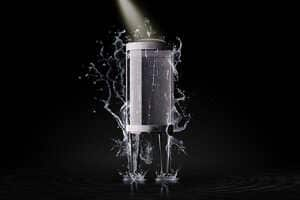









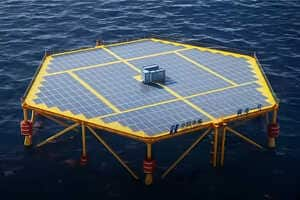
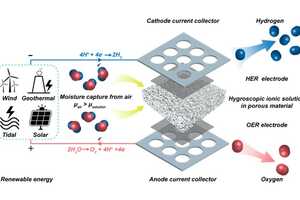

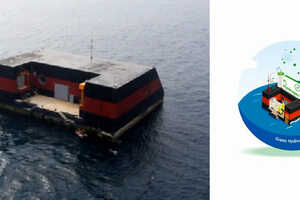



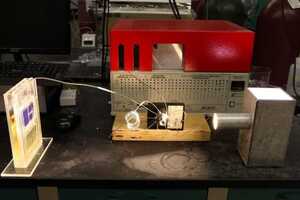
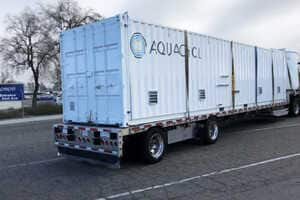

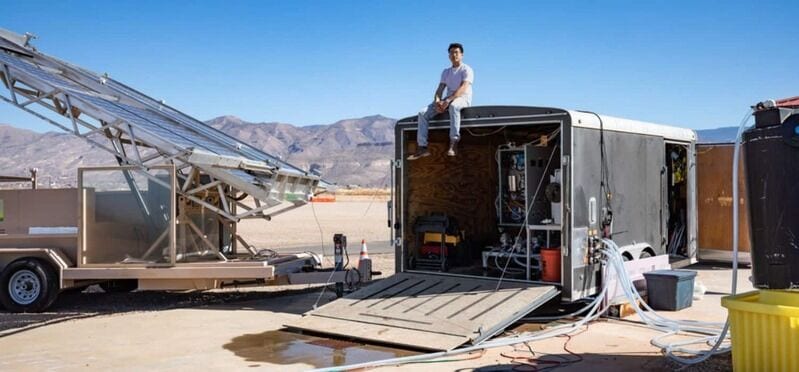
MIT Researchers are Testing a New Desalination Method
Colin Smith — October 30, 2024Researchers at the Massachusetts Institute of Technology (MIT) have developed a solar-powered desalination system that can efficiently produce clean water using varying amounts of sunlight. The system, which builds on the principle of electrodialysis, uses an electric field to remove salt ions from water. A key feature of this technology is its ability to dynamically adjust to changes in sunlight, ensuring consistent water production throughout the day. This adaptability makes it particularly suitable for regions with fluctuating solar exposure.
The MIT team's desalination system operates without the need for batteries or a connection to the grid, making it a viable solution for off-grid and remote areas. By directly harnessing solar power, the system can produce up to 5,000 liters of clean water daily, providing a reliable source of potable water for communities in need. The technology's efficiency, with over 94% of the electrical energy generated by its solar panels being utilized, sets it apart from conventional desalination methods that often rely on energy storage.
This innovative approach to desalination addresses the challenges of water scarcity and energy consumption, offering a sustainable solution for producing clean water in diverse environments. The system's ability to operate with varying sunlight levels and its high efficiency make it a promising technology for expanding access to safe drinking water, particularly in arid and remote regions. The MIT researchers plan to continue testing and scaling up the system, aiming to provide larger communities with low-cost, sun-powered drinking water.



